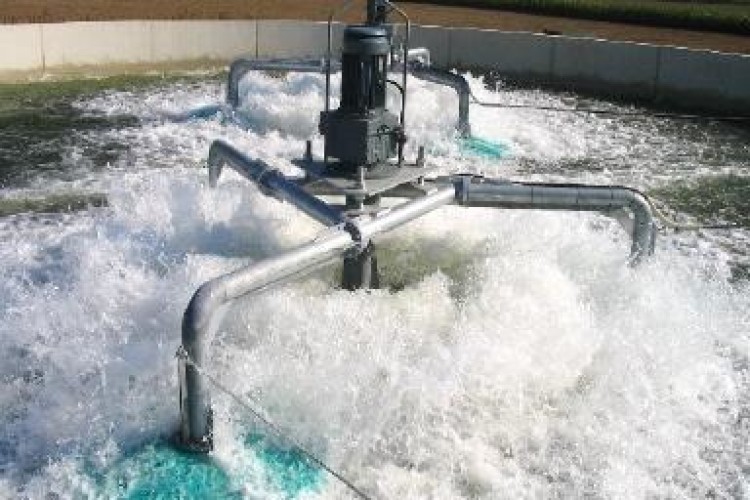CEC said that its members had been complaining for more than a decade about the widespread inefficiencies arising from the boom-and-bust nature of investment in the water sector.
Commenting, CECA director of external affairs Alasdair Reisner said: “This report is of immense significance. CECA members working in the water sector have reported the negative ramifications of cyclicality of investment for years. This report sets out steps to improve certainty, productivity and value for money in the sector, which not only will begin to address these issues, but hold important lessons for other areas of UK infrastructure provision.
“In recent years, CECA members have been working closely with clients to achieve maximum efficiencies in the water sector. This publication sets out a road map towards making vast savings in this regard, by establishing a steady profile of investment, rather than continue the rollercoaster approach to funding that has characterised investment in Britain’s water sector to date.
“CECA hopes this report will have a wide-ranging impact, and will be taken up enthusiastically by water companies across the UK. Moreover, we believe it should be required reading for anyone working in a sector in which the cyclicality of investment creates uncertainty of output.
“The application of the report’s findings to the UK infrastructure sector as a whole could constitute a golden opportunity to end boom-and-bust investment in the industry, maximising efficiencies to the benefit of both infrastructure providers and consumers alike.”
The Institution of Civil Engineers agreed. ICE director general Nick Baveystock said: “A number of ICE studies over the years have consistently identified cyclicality as a driver of higher costs for the delivery of infrastructure managed by regulated utilities - costs which are ultimately paid for by consumers. Addressing cyclicality will, amongst other benefits, provide a platform for growing skills and capacity in the supply chain, leading to greater value for money in the long run.”
The report sets out a number of recommendations designed to improve certainty, productivity and value for money in the industry. It also hopes to reduce the regular round of major redundancies in the sector.
If the recommendations are implemented in full they could reduce the average customer water and sewage bills by 2%, saving £6.50 on average annual bills, it is claimed, and saving the water industry £600m every five years.

Commercial secretary to the Treasury Lord Sassoon said: “Regulators and the industry will work together to consider how these recommendations can be successfully implemented. They will make a real difference to productivity and improve job certainty in the water sector, as well as putting money back in families’ pockets.”
Chris Newsome of Anglian Water said: “Cyclical investment has been an issue in the water sector since privatisation. The effects of this stop-start cycle within the supply chain result in lost productivity across the five year cycle, redundancies and an environment of uncertainty in which small and medium enterprises are particularly badly affected. The industry should support the recommendations made in this report, which highlights the need for regulators, water companies and their supply chains to work more collaboratively to address the issue.”
The report makes recommendations for the government, the regulators, water companies and the industry.
Regulators will need to consider:
- measures to improve transparency and predictability within the price review process by raising confidence and certainty at the time of the draft determination;
- developing effective incentives that drive choices for investment across the transition, including, where appropriate, bringing projects forward, recognising the balance of costs and risks between company and customer; and
- improving clarity around existing incentive measures, including the overlap programme.
In return, water companies will be expected to:
- commit to early development of projects in advance of the next pricing control period;
- implement measures to provide greater visibility of their work programmes; and
- initiate early engagement and improved integration with their supply chains to improve productivity, efficiency and promote innovative solutions.
Ofwat will publish its Future Price Limits consultation in the autumn, examining how these recommendations can be adopted, and set out the future process for price reviews.
Ofwat senior director of finance and networks Keith Mason said: "Ofwat welcomes the publication of this report which shows that cyclical investment in the water sector has led to inefficiencies and impacts on customer bills. Ofwat's work on Future Price Limits principles will help address a number of incentives in this area, encouraging innovation and longer-term planning. Companies will also need to take action to plan more effectively, target investment, and work more closely with their supply chains."
Read the full report here: Smoothing Investment Cycles in the Water Sector
Got a story? Email news@theconstructionindex.co.uk



